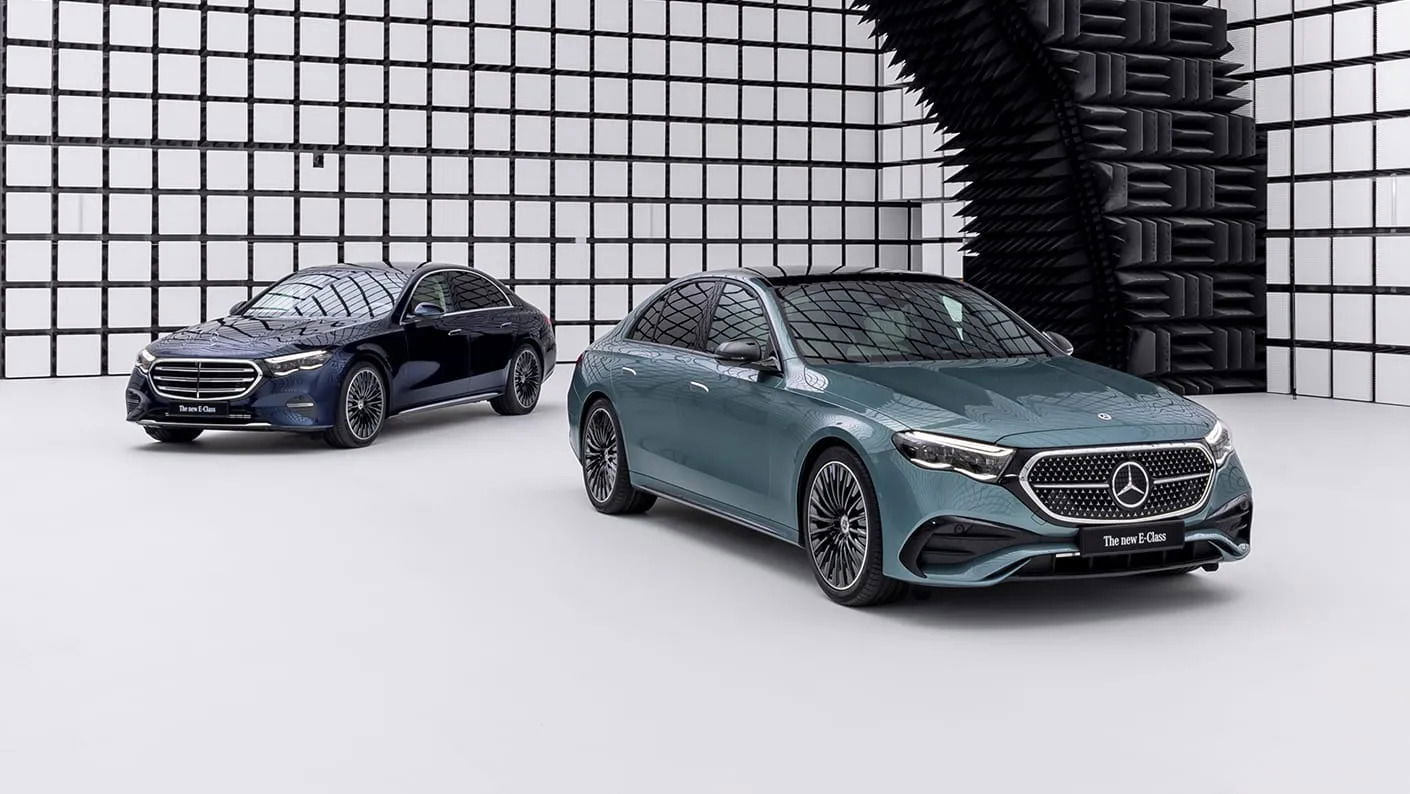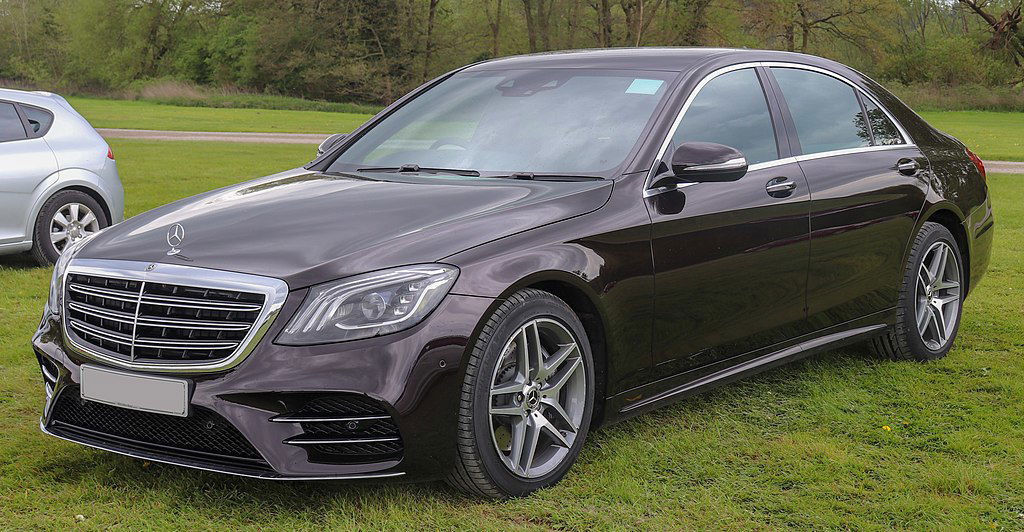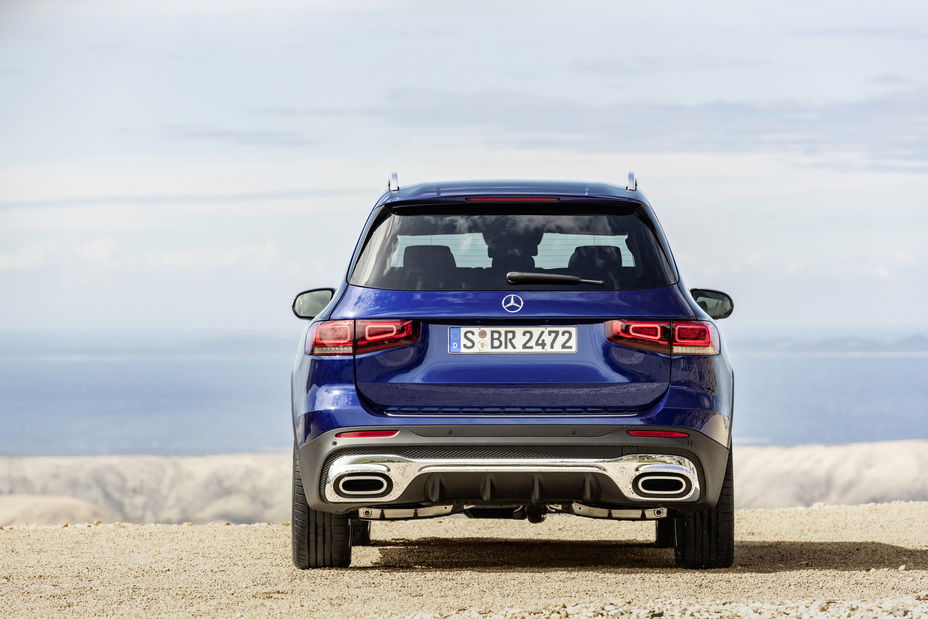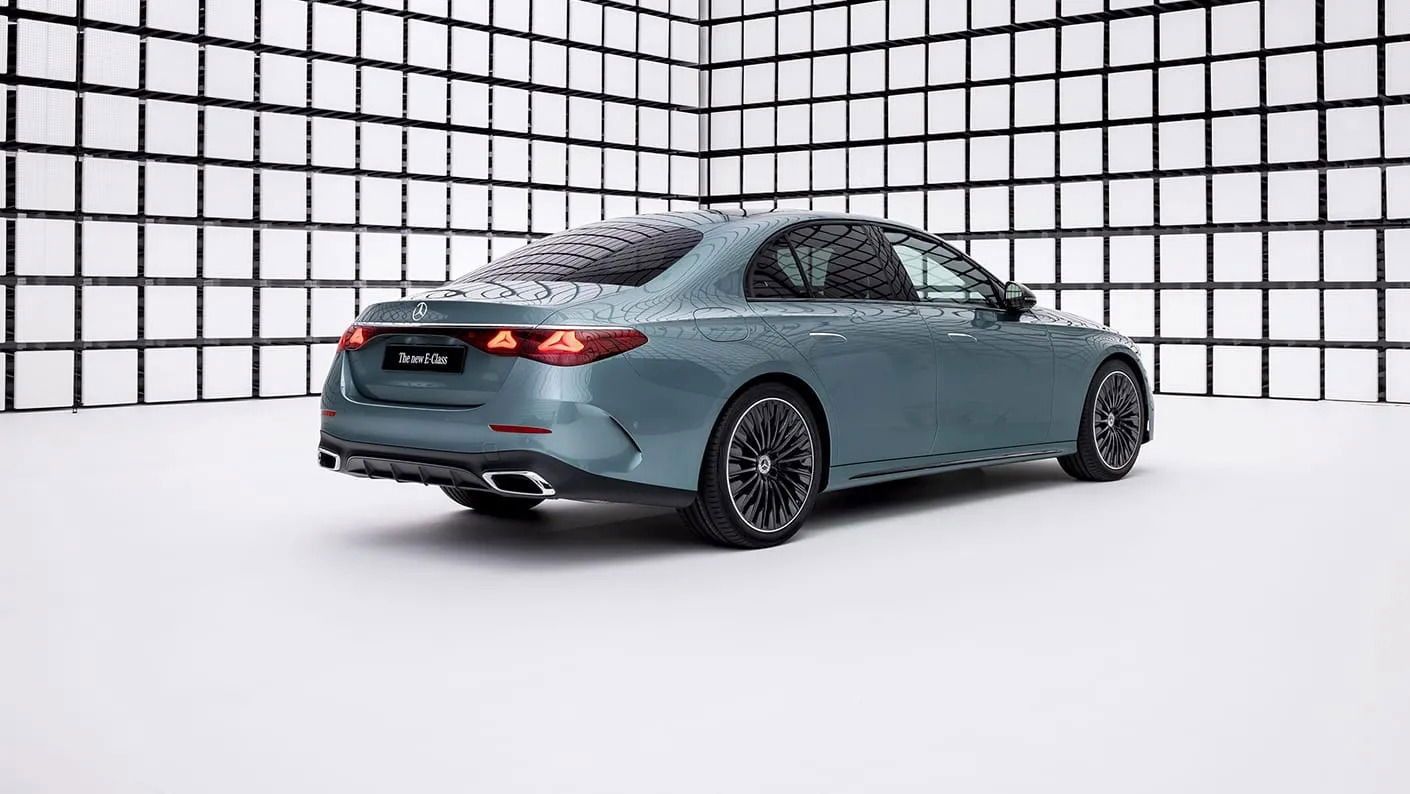Mercedes-Benz is a name synonymous with luxury and quality. Yet, these high-end vehicles are known for their significant depreciation.
Take the C-Class, for example. CarEdge notes the C-Class “depreciates pretty fast for the first handful of years of its life, and that continues through year 7, when it ranks as one of the lowest for retained value among luxury models.”
Similarly, CoPilot Search notes the E-Class “is expensive when new and costly to maintain, which is the surest recipe for fast depreciation.”
Why do Mercedes depreciate so much? This question often puzzles potential buyers and current owners alike.
Depreciation is a natural process for all vehicles. However, luxury cars like Mercedes-Benz often depreciate faster. This can be attributed to a variety of factors.
High initial pricing, costly maintenance, and market perception play a significant role. Technological advancements and frequent model updates also contribute to the depreciation.
Understanding Mercedes-Benz depreciation is crucial for those considering buying one. It's also important for current owners planning to sell or trade in their vehicle.
This article dives into the reasons behind Mercedes-Benz depreciation and provide insights into the brand's residual value and durability.
See also:
Understanding Car Depreciation: A Comprehensive Guide
Understanding Vehicle Depreciation

Photo Credit: Getty.
Depreciation is the reduction in a vehicle's value over time. It is a critical factor in the automotive market. All cars depreciate, but the rate can vary significantly. Several elements influence a car's depreciation rate. These include initial purchase price, vehicle condition, and market demand.
For luxury vehicles, depreciation is often more pronounced. This results from higher initial pricing and swift technological changes. Understanding these factors helps buyers make informed decisions.
Here’s what typically affects vehicle depreciation:
- Initial cost: Higher purchase prices can lead to steep depreciation.
- Market perception: Popularity and brand reputation are key.
- Technological advances: New tech can quickly date older models.
- Supply and demand: More supply than demand decreases value.
Considering these aspects can aid in assessing the depreciation rate of a potential purchase, particularly for luxury brands like Mercedes-Benz.
The Luxury Car Depreciation Curve

Photo Credit: Getty.
Luxury vehicles, including Mercedes-Benz, follow a distinct depreciation curve. Often, they depreciate faster in the first few years. High initial costs are a primary reason. As new models arrive with updated features, existing luxury cars rapidly lose value.
This shift is a common pattern across premium brands. Moreover, the abundance of used luxury cars in the market further drives depreciation. This increased supply often exceeds the demand, leading to a decline in resale value. Understanding this curve can be pivotal for both buyers and current owners.
Factors Influencing Mercedes-Benz Depreciation

Photo Credit: Mercedes-Benz.
Several factors contribute to the rapid depreciation of Mercedes-Benz vehicles. While Mercedes-Benz is renowned for luxury and performance, the market dynamics tell a different story. One primary factor is the brand’s high initial pricing. Buyers pay a premium upfront, which doesn't always translate to a strong resale value.
Next, the expensive maintenance and repair costs play a significant role. High costs of parts and specialized labor deter potential second-hand buyers. Rapid technological advancements also impact depreciation. Frequent model updates make older models seem outdated, reducing their appeal.
Furthermore, leasing practices affect the market. The popularity of leasing luxury cars leads to a surplus of used vehicles, pushing prices down. Factors include:
- High initial cost
- Maintenance expenses
- Technological changes
- Leasing surplus
Understanding these aspects helps prospective buyers assess their investment and plan for potential depreciation challenges.
High Initial Pricing and Market Perception
Mercedes-Benz vehicles command a high purchase price. While this reflects their luxury status, it also sets up steep depreciation. Market perception contributes significantly to this depreciation. Luxury cars often enter the market with high expectations, but the pool of second-hand buyers willing to maintain these costs is limited.
Consequently, the perceived value diminishes rapidly, affecting the car's residual value over time. These factors underscore the importance of considering initial costs and market trends when buying such vehicles.
Costly Maintenance and Repairs
Luxury cars like Mercedes-Benz come with premium maintenance costs. Owners face high prices for parts and specialized servicing. These ongoing expenses can deter many potential buyers in the used car market. Often, they prefer vehicles with lower upkeep costs. This reluctance affects the car’s resale value. Buyers are not just paying for the car, but also for its future maintenance. This added financial burden contributes to Mercedes-Benz depreciation.
Technological Advancements and Model Updates
Mercedes-Benz is a pioneer of innovation. The brand frequently introduces new technology and models. This focus leads to older models becoming obsolete quickly. Buyers often prefer newer, more advanced features not found in older models.
As a result, resale values decline when technology evolves rapidly. This trend affects consumer interest in previous editions, accelerating depreciation. Owners need to consider how tech changes impact their vehicle's value over time.
See also:
13 Reasons Why We'll Never Buy The 2016 Mercedes-Benz C-Class
The Impact of Leasing on Residual Value
Leasing is popular for luxury vehicles, including Mercedes-Benz. It allows consumers to drive new models without long-term commitment. However, this practice can depress residual values. Lease returns flood the market, increasing the supply of used cars.
This supply surpasses the demand, affecting prices negatively. The abundance of options pushes resale values down, impacting all owners. This trend highlights the complexities within the luxury car market, specifically concerning used car dynamics.
Mercedes-Benz Durability vs. Depreciation

Photo Credit: Mercedes-Benz.
Despite the premium materials and engineering, Mercedes-Benz vehicles still face significant depreciation. Durability alone does not ensure value retention. Mercedes-Benz cars are often associated with lasting quality. Yet, buyers are put off by the costs of maintaining this durability. High repair fees can offset the appeal of owning a well-built car.
Moreover, the automotive market values innovation as much as longevity. New features and tech can overshadow the benefits of a robust build. While a vehicle may remain reliable for years, its perceived value can still decrease due to shifting consumer preferences.
How Durability Affects Long-Term Value
Durability plays a crucial role in a car's lifespan. A well-maintained Mercedes can offer years of reliable performance. However, the long-term resale value isn't solely determined by this factor. High durability doesn't always translate to high residual value.
Market demand and maintenance costs often weigh more heavily in a buyer's decision. Thus, even durable cars may face depreciation challenges, especially in a competitive, high-tech market. Understanding these nuances can help Mercedes owners balance durability with market realities.
The Role of Market Trends and Economic Factors

Photo Credit: Wikimedia.
Market trends strongly influence how cars, including Mercedes, depreciate over time. Economic shifts can dramatically affect luxury car values. For instance, during economic downturns, luxury goods often take a hit. Consumers prioritize essential purchases, pushing luxury vehicles like Mercedes out of favor.
This shift can lead to steeper depreciation. Trends in consumer preferences also play a significant role. Increasing demand for SUVs and electric vehicles can impact the resale value of traditional sedans. Staying informed about such trends is crucial for understanding Mercedes-Benz depreciation.
Comparing Mercedes-Benz to Competitors
When comparing Mercedes-Benz to other luxury brands, depreciation rates become a key point of interest. Brands like BMW and Audi exhibit similar trends, with rapid value decline early on. However, each brand's reputation and consumer perception can slightly alter depreciation patterns.
Some may hold their value better due to brand loyalty or specific model demand. Understanding these nuances allows potential buyers to make informed decisions about luxury car ownership.
Minimizing Depreciation: Tips for Mercedes-Benz Owners

Photo Credit: Mercedes-Benz.
Minimizing depreciation requires a proactive approach. Mercedes-Benz owners can employ several strategies to retain maximum vehicle value over time. Understanding key factors is crucial. Here are practical tips for minimizing depreciation:
- Regular maintenance and servicing
- Keeping mileage low
- Maintaining excellent cosmetic condition
- Documenting service history
- Choosing timeless model options and colors
Implementing these strategies can significantly impact your car's residual value. Educated owners often see better returns when reselling or trading in their vehicles.
Timing Your Sale and Understanding Market Value
Timing is essential when selling your Mercedes-Benz. Different seasons and market conditions can sway prices dramatically. Research current market trends to gauge the best time to sell. Monitoring online car valuation tools helps. Selling when demand peaks ensure you fetch a higher price. Understanding these nuances helps maximize your car's market value.
The Benefits of Certified Pre-Owned Programs
Buying certified pre-owned (CPO) can positively affect depreciation. Mercedes-Benz CPOs offer extended warranties and thorough checks. These assurances boost buyer confidence. CPO programs can slightly stabilize resale values for first owners.
Potential buyers often perceive CPOs as safer investments due to the brand's backing. Choosing a Mercedes-Benz CPO entails added trust in quality and performance, potentially yielding better residual values. It's a viable option for those looking to retain more value over time.
Embrace Depreciation as Part of Luxury Car Ownership

Photo Credit: Mercedes-Benz.
Understand and accept depreciation as an integral aspect of owning a luxury car like a Mercedes-Benz. While these vehicles depreciate considerably, they offer unmatched comfort and prestige. Mercedes-Benz owners should appreciate the unique experience their cars provide.
By acknowledging depreciation as a natural outcome of luxury ownership, drivers can focus on enjoying the journey. Purchasing a Mercedes-Benz symbolizes a commitment to quality and style. Although depreciation is inevitable, the brand’s luxury and engineering excellence often offset it. Embracing this balance enhances the ownership experience.